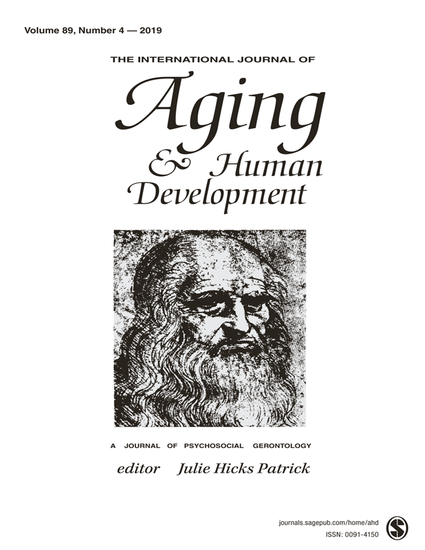
According to Joint United Nations Programme on HIV/AIDS (UNAIDS) data, 36.9 million people are living with HIV worldwide. Older adults, those aged 50 years and older, with HIV are increasing worldwide; however, the prevalence and incidence differ substantially across regions. The purpose of this article is to provide an overview of how HIV is impacting older adults globally, with a focus on sexual and gender minority older adults. The article is organized using the eight geographical regions from UNAIDS, with information on the prevalence and incidence among older adults. Among sexual and gender minority older adults, key risks are identified, including laws that criminalize same-sex relationships; issues of stigma and fear; and the concomitant lack of access and barriers to HIV testing, treatment, and prevention. Progress within each region toward the UNAIDS 90-90-90 targets is included, and suggestions for future directions of research and service delivery are made.
Available at: http://works.bepress.com/charles_emlet/83/
